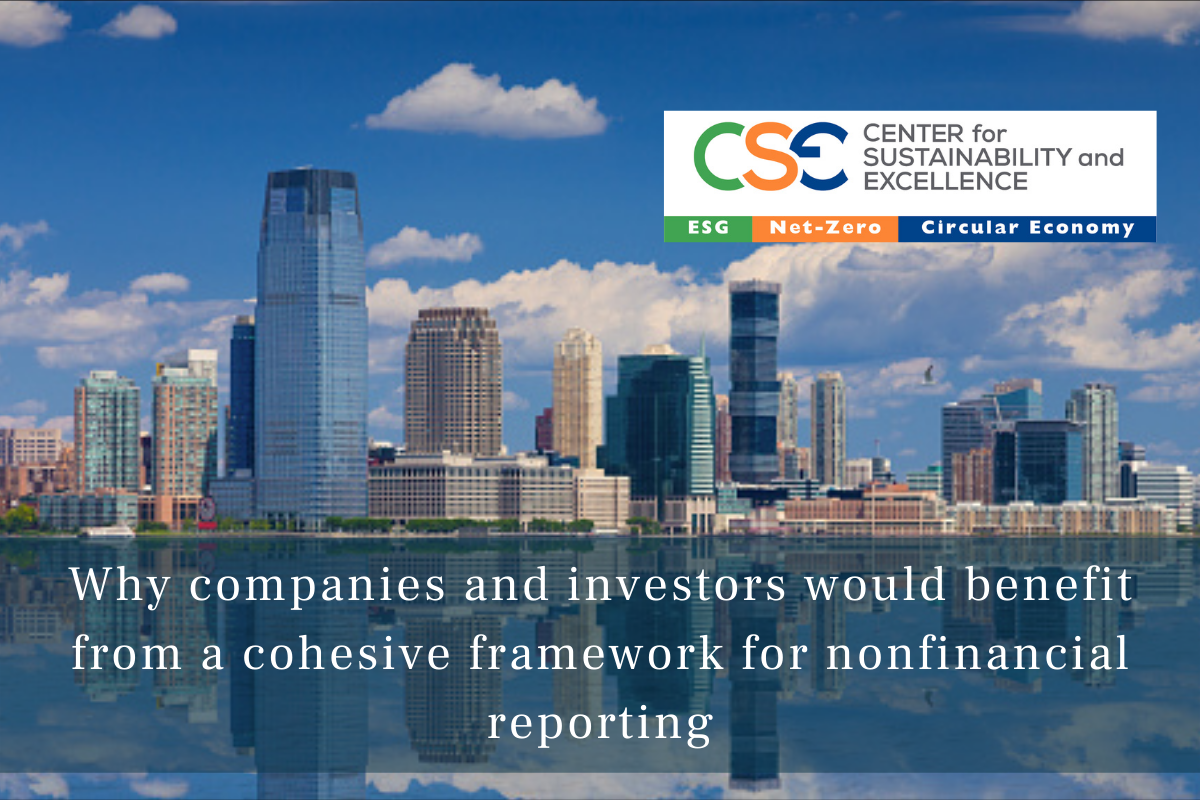IFRS Foundation and GRI creates an interconnected approach
As pressure from regulators, investors and other stakeholders has built for companies to provide information on the sustainability and climate impacts, several reporting standards and frameworks have gained prominence, such as the GRI, SASB, and TCFD, among others. Multiple ESG reporting standards are burdening companies and investors alike as the latter try to interpret data derived from different sources and differing methodologies.
The IFRS Foundation and Global Reporting Initiative (GRI) have announced a collaboration agreement under which their respective standard-setting boards, the International Sustainability Standards Board (ISSB) and the Global Sustainability Standards Board (GSSB), will pursue to coordinate their work programmes and standard-setting activities. They will join each other’s consultative bodies related to sustainability reporting activities. The IFRS Foundation and GRI standardize the sustainability reporting landscape at an international level to further reduce the reporting burden for companies.
The agreement reflects the importance of ensuring compatibility and interconnectedness of investor-focused baseline sustainability information that meets the needs of the capital markets. The GRI Standards are continually reviewed, with current developments including new Sector Standards and an updated Biodiversity Standard. Emmanuel Faber, chair of the ISSB, said: ‘’For those interested in considering impact when assessing enterprise value, using the ISSB and GSSB together will offer a complete and compatible suite of sustainability disclosures. This agreement will see the two standard-setting boards cooperate in pursuit of that objective’’.
Goldman Sachs Asset Management (GSAM) on Corporate Disclosure
Moreover, following the pressure to provide information on the sustainability and climate impacts, the Goldman Sachs Asset Management (GSAM) announced that it will begin voting against audit committees, or other committees responsible for overseeing ESG risk. Goldman Sachs has been recognized repeatedly for its long-standing commitment to sustainable finance and is now raising climate reporting expectations for companies. In December, Goldman updated its board diversity expectations for companies, announcing that it will vote against companies in the S&P 500 and FTSE 100 that do not have at least one diverse director from an underrepresented ethnic minority group, and public companies with 10 or more board members that do not have at least two women on the board.
Keep up with the latest trends in ESG reporting and stay competitive with new approaches on managing ESG risks. Enrol now in the upcoming online practitioner training Certified Sustainability (ESG) Practitioner Program, May 12-13 & 16, (advanced edition) and get all the necessary tools for your future success and impactful measurement of ESG performance.







